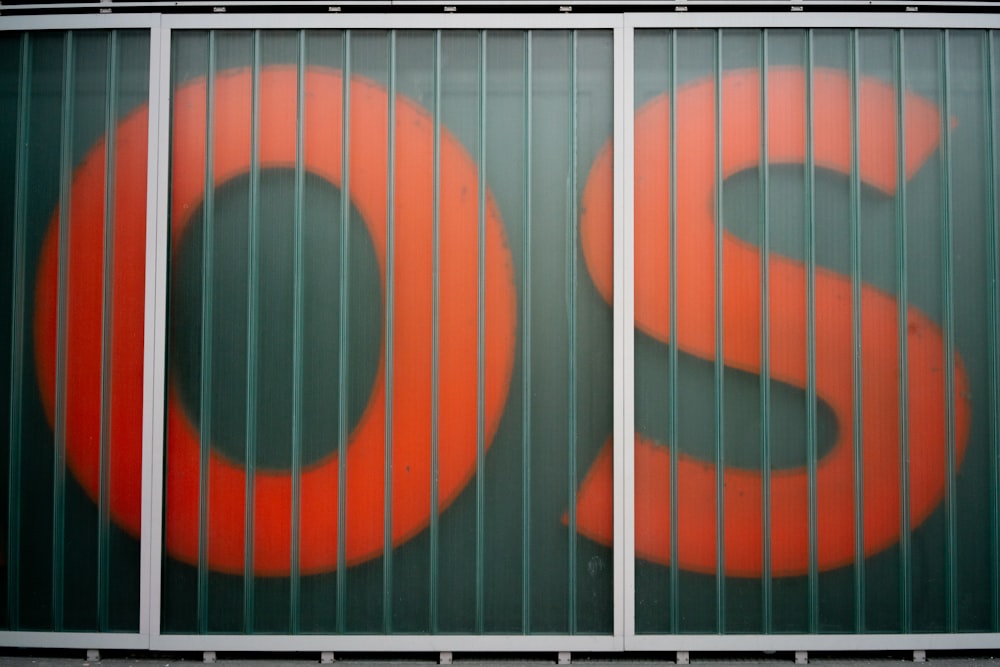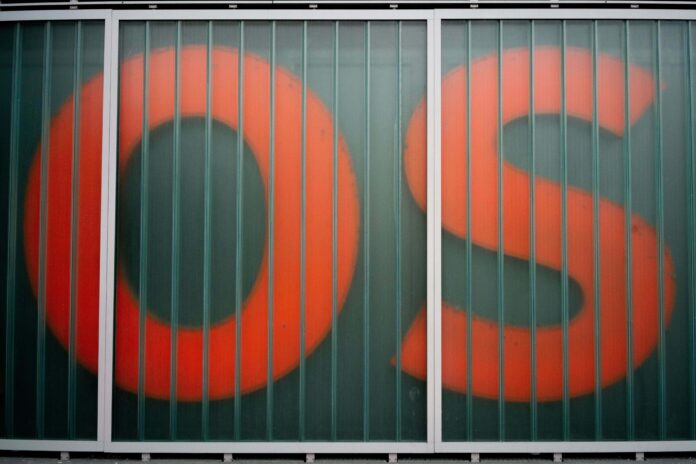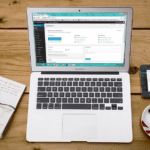You might be thinking “why should I clean my operating system?” The 8 tips below will show you why! Here are 8 steps to cleaning your operating system.

Check for Updates
Updates often contain security patches that can help protect your computer from malware and other types of attacks.
Defragment Your Hard Drive
Defragging ensures all files on the hard drive are stored in an orderly fashion. It reduces the amount of time it takes for a device to read data from the disk. It also prevents fragmentation so programs load faster, people have quicker access to their documents, and applications run more smoothly. This is especially true if you’re using multiple drives or partitions on one machine (which most PCs do).
Scan for Malware
Many people are unaware their computer has even contracted malware until they notice system performance issues. It’s important to scan your machine frequently with updated antivirus software, and enable automatic updates whenever possible.
Remove Temp Files/Clean up Your Downloads Folder
Temp files accumulate over time because Windows 8 doesn’t clean them out automatically like previous versions of the OS did (Windows XP used to do this). The result is a slow-down in overall speed as more temp files build up on the hard drive…and that translates into poor PC performance when you have too many junk files. You can manually delete temporary or cached items by opening File Explorer > clicking This PC > right-clicking C: drive > select Properties > click the Disk Cleanup button > click “Clean up system files” to clean out cached data, browser cache and other temporary internet files.
Delete Unused Programs
Unused programs slow down your PC’s performance by adding junk files that accumulate over time (again). They also take up hard drive space. Because Windows 8 doesn’t remove them like it did in previous versions of the OS. The result is a lot of unnecessary clutter on your computer that can have an adverse effect on overall speed…not just for you but for everyone who uses this machine. To delete unused programs from within Windows 8, open Control Panel > select Programs & Features > find installed program you want to uninstall/remove/delete > right. It then choose Delete or Uninstall.
Tools and Utilities
Tools and utilities are very similar to applications except they’re usually designed specifically for system use rather than general consumer use. Utilities are applications that help you use your computer better. E.g., a system information utility will tell you all kinds of useful tidbits about your machine like the model number, memory type/amount, hard drive space and more.
Tools are designed to help you perform specific tasks, e.g., Windows 8 comes with a built-in disk defragmenter and antivirus software that can be accessed through Control Panel.
Disable Unnecessary Startup Items
Disable Unnecessary Startup Items like Windows Messenger, Yahoo Desktop Search or SuSe Firewall. These items load automatically at startup and can slow down your computer’s performance. There are also other programs that you don’t need to run every time the system boots up which include iTunesHelper, Adobe Acrobat Update Service etc. It is best to go through all of them one by one and disable those ones that you feel aren’t necessary anymore on each bootup. You can do this easily using the msconfig tool in windows operating systems whereas Linux users can use Startup-Manager in Ubuntu.
Enable System
Restore and create a restore point before making any changes to your system. So that you can revert back if something goes wrong or doesn’t work out as planned. You should also configure Windows updates to automatically install the latest patches. So that you never miss security alerts, critical updates etc., The automatic update feature for windows is introduced from XP version onwards whereas it has been available on Linux since 2002. However there are tools like Secunia PSI which help users with other operating systems including Mac OS X keep their machines updated too!
Do not open junk mails
Do not open junk mail . Because these spam messages have viruses attached along with them sometimes where they replicate themselves into all email addresses present inside the address book of Outlook Express or MS Outlook.
Windows 8 comes with pre-installed anti-virus software to protect your computer from viruses and malware. But it is recommended to have a third party antivirus installed for better protection because the built in version lacks some features that are available on other premium brands.
Norton Power Eraser tool
Even if you do not often open files/documents received through emails or the internet. Be cautious while opening them as they may contain hidden viruses which can damage the entire data present inside the hard drive of the system. You need to use advanced scanning tools like Norton Power Eraser tool which scans deeply into computer memory where most common spyware resides!
Applications
There are several applications available free of cost over the Internet which lets you get rid of unwanted cookies, temporary files etc., Once you install them, they can be used with ease.
You should not download software from third party websites as the chances of getting them infected are more.
Using Internet Explorer 8 or any other browser will result in slowing down your system speed which you may notice by observing that it takes longer time to open web pages for browsing! You can visit our website https://afrohistorama.info/ for further information.
Requires RAM and CPU power
It’s not recommended to use laptops when you are in the process of optimizing your operating system as it requires a good amount of RAM and CPU power. It is already in shortage during such cases! If possible try using a desktop or notebook with latest installed Windows updates on board. It makes sense to install antivirus software once a machine gets booted up. But most importantly before installing new driver(s) either from the manufacturer website or any other source online, make sure that the security program has been disabled .
















